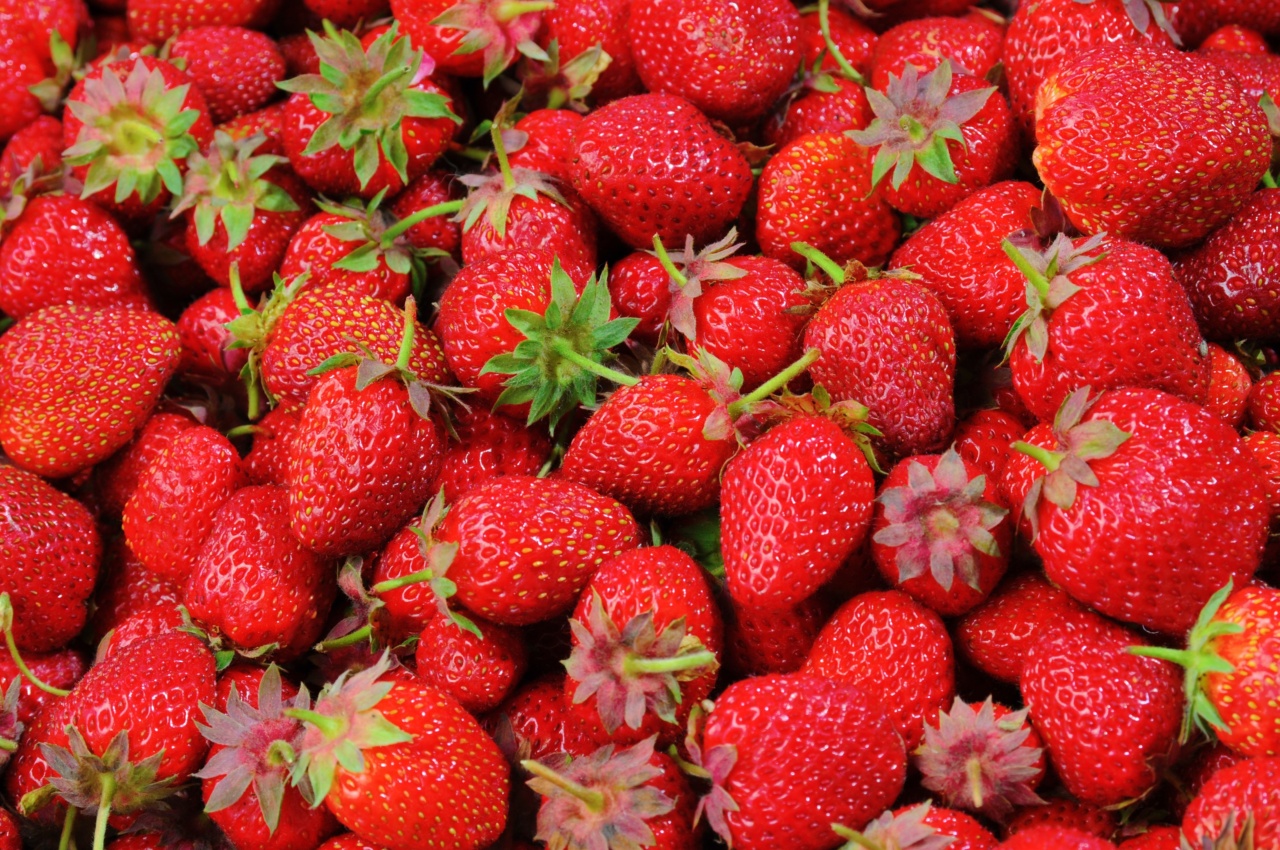Easter is a joyous time of celebration and indulgence, but it can be particularly challenging for expectant mothers who need to be mindful of their diet and nutrition.
In this article, we will discuss some essential pregnancy diet tips to help you navigate the Easter festivities while ensuring the health and well-being of both you and your baby.
1. Prioritize Nutrient-Rich Foods
During pregnancy, it is crucial to consume nutrient-dense foods that provide essential vitamins and minerals. Make sure to include plenty of fruits, vegetables, whole grains, lean proteins, and dairy products in your daily meals.
These foods will help meet the increased nutrient requirements of your growing baby.
2. Avoid Excessive Sugar Intake
The Easter season often tempts us with a wide array of sugary treats such as chocolate eggs, candies, and cakes. While it’s okay to indulge occasionally, it is essential to limit your sugar consumption during pregnancy.
Excessive sugar intake can lead to gestational diabetes, weight gain, and other health issues. Opt for healthier alternatives like dark chocolate or homemade desserts using natural sweeteners.
3. Opt for Homemade Meals
Preparing homemade meals not only allows you to control the ingredients but also ensures that you are aware of what goes into your food.
During Easter, instead of relying on processed and packaged meals, devote some time to cooking nutritious meals from scratch. Experiment with healthier versions of classic Easter dishes using fresh, whole ingredients.
4. Stay Hydrated
Proper hydration is crucial during pregnancy, especially during the Easter season when you may find yourself indulging in salty foods or sugary treats. Aim to drink at least eight glasses of water or other hydrating beverages each day.
Avoid excessive caffeine and opt for water infused with fruits or herbal teas for added flavor.
5. Include Omega-3 Fatty Acids
Omega-3 fatty acids play a vital role in your baby’s brain development. Incorporate foods rich in omega-3s, such as fatty fish (like salmon or sardines), chia seeds, flaxseeds, and walnuts, into your diet.
If you struggle to meet the required intake, your healthcare provider may recommend omega-3 supplements.
6. Mindful Portion Control
Easter feasts can often result in overeating, which can be uncomfortable and detrimental to your health. Practice mindful portion control by listening to your body’s hunger and fullness cues.
Opt for smaller plates, take your time to savor each bite, and avoid going back for seconds unless truly necessary. Remember, quality over quantity is key.
7. Focus on Fiber
Pregnancy can sometimes lead to constipation, and the lack of fiber in your diet may worsen this condition. Increase your fiber intake by consuming whole grains, fruits, vegetables, legumes, and nuts.
Adequate fiber consumption promotes healthy digestion and helps prevent constipation.
8. Be Cautious of Food Safety
Pregnant women are more susceptible to foodborne illnesses, so it is crucial to take extra precautions when handling and consuming food. Avoid raw or undercooked eggs, meat, and seafood.
Thoroughly wash fruits and vegetables, and practice proper food storage and hygiene to reduce the risk of foodborne infections.
9. Stay Active
While diet is essential, maintaining a regular exercise routine throughout pregnancy is equally important. Engage in low-impact activities such as walking, swimming, or prenatal yoga to stay active during the Easter holiday.
Always consult your healthcare provider before starting any exercise regimen during pregnancy.
10. Seek Professional Guidance
Every pregnancy is unique, and individual dietary needs may vary. Consult with a registered dietitian or your healthcare provider to create a personalized meal plan that factors in any specific dietary restrictions, allergies, or medical conditions.
Conclusion
Easter can be a challenging time for expectant mothers to maintain a healthy diet, but with proper planning and mindfulness, it is possible to enjoy the festivities while prioritizing your nutritional needs.
Following these pregnancy diet tips will help you make informed choices, ensuring a healthier and happier Easter for both you and your baby.































